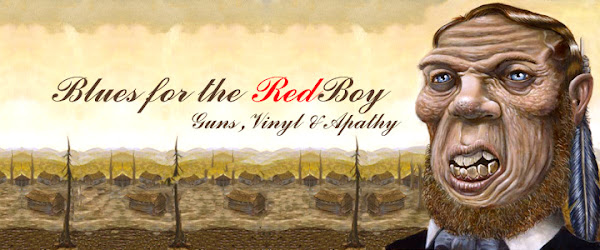In the words of 'Super Soul':
"And there goes the Challenger, being chased by the blue blue meanies on wheels. The vicious traffic squad cars are after our lone driver, the last American hero, the electric sitar, the demigod, the super driver of the golden west. Two nasty Nazi cars are close behind the beautiful lone driver. The police numbers are gettin ' closer, closer, closer to our soul hero in his soul mobile, yeah baby. They're about to strike, they're gonna get him, smash him, rape the last beautiful free soul on this planet. But, it is written, if the evil spirit arms the tiger with claws, Brahman provideth wings for the dove. Thus spake, the super guru."
Some might argue that existentialism has no place in a road movie, but any "Chase" celluloid worth it's salt, whether it be 'Two Lane Blacktop' or 'Dirty Mary, Crazy Larry', is really more about the concept of limitless possibilities and the freedom of the decade, then it is about torque ratio and power sliding. Take the sublime and criminally under appreciated 'Vanishing Point' for example. You got methamphetamine abuse, a desert journey of self discovery, a seemingly telepathic link with a blind, black soul DJ, a naked chick on a Honda 'sickle'. Hell, Barry Newman even manages to get high and bang the Grim Reaper before threading his 70' Challenger through the eye of the needle.
As one might imagine, a tale of such gravity requires a proper soundtrack, and though the burden is more than shouldered by the inclusion of such bands and pickers as 'Mountain' and the fabulous 'Big Momma Thornton', the highlight for me is the instro work of the ambiguously credited 'J.B. Pickers' Aka. hayseed legend Jimmy Bowen.
"{Jimmy}Bowen began as a teenage recording star in 1957 with "I'm Stickin' With You," originally the flip side of the hit record "Party Doll" by Buddy Knox, but ultimately a Top 20 recording on its own. Bowen was a less successful singer than Knox, his partner in the Rhythm Orchids, and ultimately he abandoned a singing career, but stayed in the music industry.In the early 1960s, in Los Angeles, California, he bucked the 1960s rock phenomenon when Frank Sinatra hired him as a record producer for Reprise Records, and Bowen showed a strong knack for production, getting chart hits for Sinatra, Dean Martin and Sammy Davis, Jr., all regarded as too old-fashioned for the Sixties market."
Released on the 'Bell / Amos' label in 1971, here is a little taste of the 'Vanishing Point' soundtrack.
Freedom of Expression - J.B. Pickers
Subscribe to:
Post Comments (Atom)










No comments:
Post a Comment